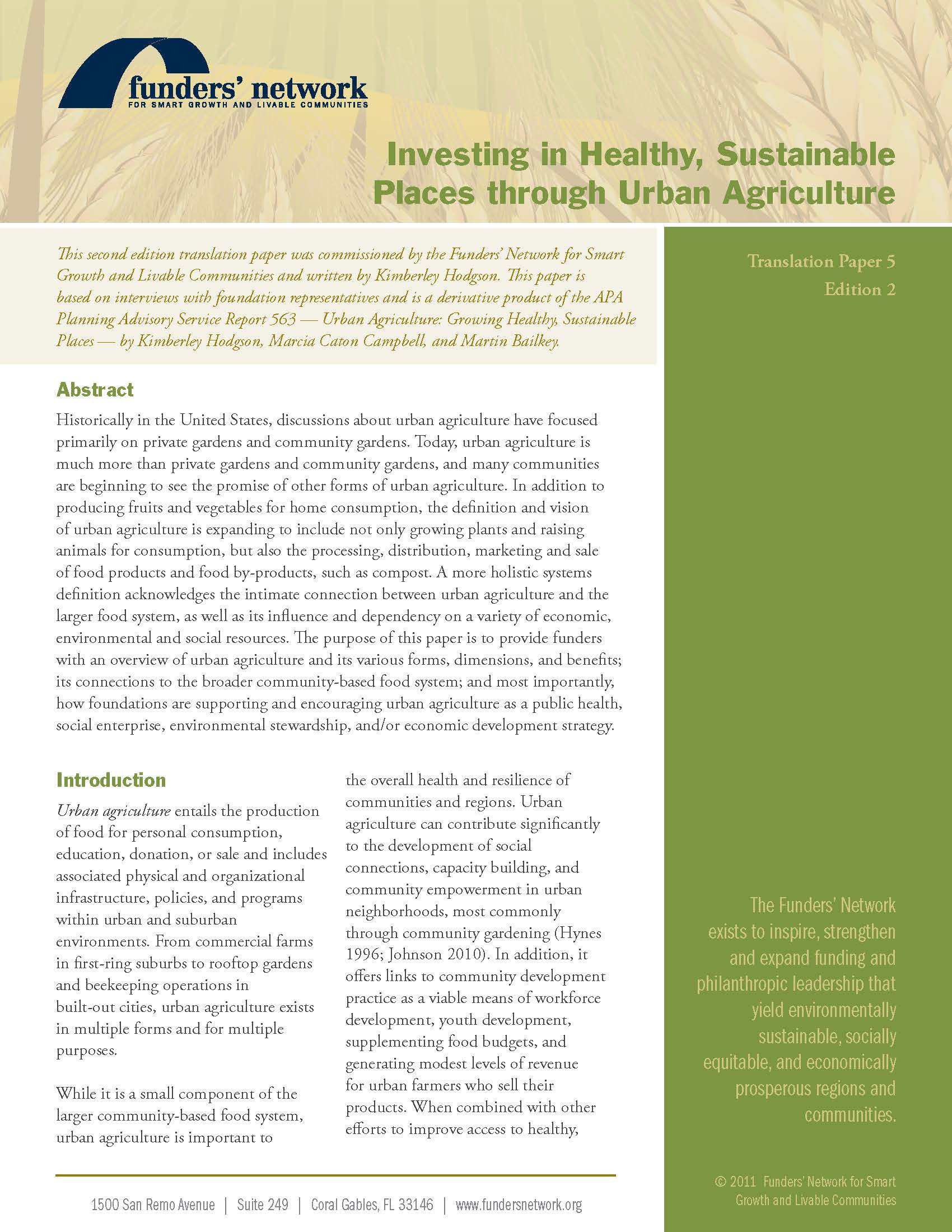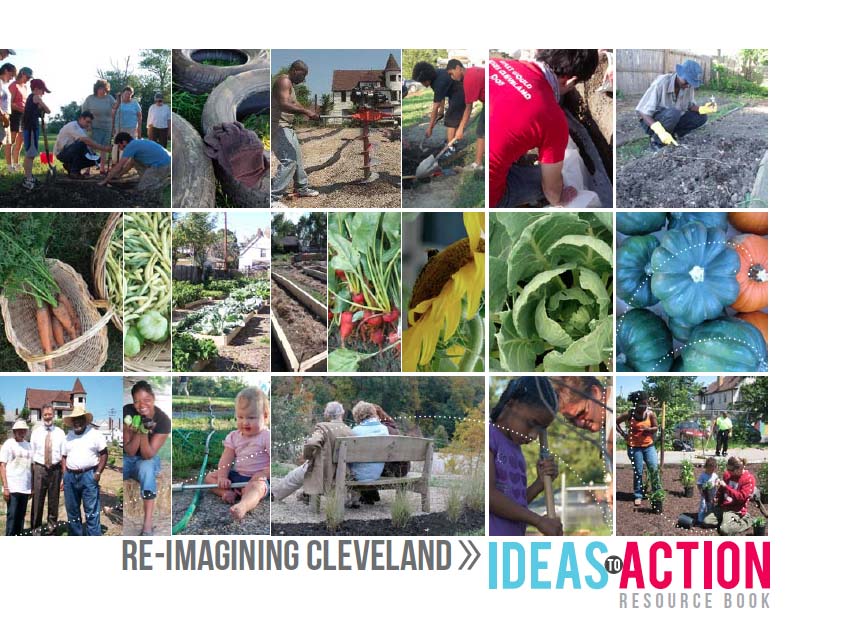Science meet Vacant Lots – Urban Health Watch
In the past decade, the fields of Urban Planning and Epidemiology have gloriously been crossing paths both in academia and amongst practitioners. Innovations such as health impact statements (HIS) in land use and rezoning requests is one benefit of this cross-discipline pollination. After a decade-long comparison of vacant lots and improved lots, a University of Pennsylvania study
-> Continue reading Science meet Vacant Lots – Urban Health Watch


